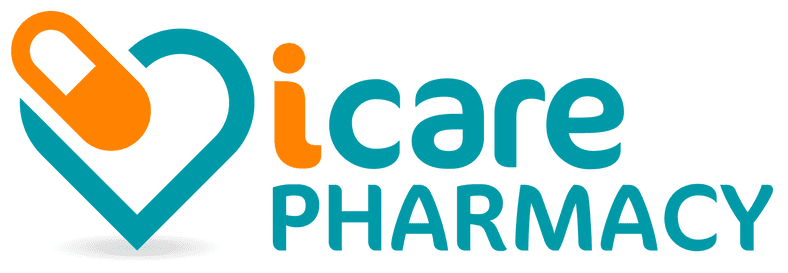Heartburn vs. Heart Attack: When to Worry About Chest Pain
Heartburn is a common issue that, while uncomfortable and irritating, is generally self-limiting. Most people experience it occasionally, and it doesn’t usually lead to serious complications. However, what makes heartburn concerning is that it can sometimes be mistaken for a more serious condition—such as a heart attack.
Understanding the Difference
Heartburn typically presents as a burning sensation in the chest, often occurring after eating, when lying down, or bending over. It is caused by stomach acid refluxing into the esophagus and can often be relieved with antacids or acid-reducing medications.
A heart attack, on the other hand, is caused by a blockage in the coronary arteries, reducing blood flow to the heart. While heart attack symptoms can vary, they often include:
- A squeezing or pressure-like pain in the chest
- Pain radiating to the left shoulder, arm, or neck
- Shortness of breath
- Nausea or cold sweats
While heartburn is typically localized to the chest and may improve with changes in posture or medication, a heart attack is more likely to cause persistent, worsening pain that doesn’t improve with antacids.

The Risk of Confusion
The problem is that sometimes a heart attack doesn’t present with the classic “crushing chest pain.” Instead, it may appear as mild discomfort, burning, or even just fatigue and nausea—symptoms that could be mistaken for something less serious.
If you have never experienced heartburn before, it can be difficult to distinguish it from a cardiac event. As the saying goes, “You don’t know what you don’t know.” That’s why, if you’re experiencing chest pain and aren’t sure what’s causing it, it’s always best to seek medical attention.

When to Seek Medical Help
You should seek emergency care if:
- You have sudden, severe, or unexplained chest pain.
- Your symptoms include pain that radiates to your arm, neck, jaw, or back.
- You experience shortness of breath, dizziness, or fainting.
- The pain is persistent and does not improve with over-the-counter heartburn medications.

Final Thoughts
Heartburn and heart attacks can sometimes feel similar, but the stakes are vastly different. If you are ever in doubt about whether your symptoms are due to acid reflux or something more serious, err on the side of caution and get checked out by a healthcare professional. It’s always better to be safe than sorry.
References
- American Heart Association. (n.d.). Heart Attack Symptoms in Women & Men. Retrieved from www.heart.org
- Mayo Clinic. (n.d.). Heartburn or Heart Attack: When to Worry. Retrieved from www.mayoclinic.org
National Institute of Diabetes and Digestive and Kidney Diseases. (n.d.). Acid Reflux (GER & GERD). Retrieved from www.niddk.nih.gov




